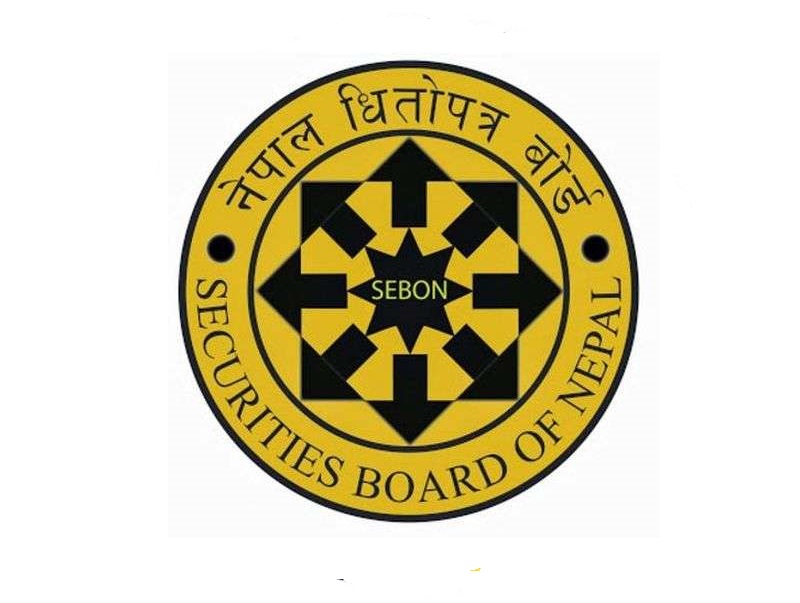Nepal's Corruption Perceptions Index (CPI) score declined in 2024, reflecting growing concerns over corruption in government and business activities, including import-export services, taxation, public procurement, and judicial decisions. Despite this deterioration, Nepal's global ranking improved slightly, moving from 108th place in 2023 to 107th in 2024.
Transparency International prepares the CPI annually based on surveys from six international organizations. Two of these surveys indicated an increased perception of bribery risks in sectors such as trade, public services, tax payments, and judicial processes. Nepal’s CPI score dropped from 35 in 2023 to 34 in 2024, signaling a worsening corruption situation. The CPI assigns a score from 0 to 100, where 0 represents highly corrupt and 100 indicates very clean. Countries scoring below 50 are considered among the most corrupt. With a score of 34, Nepal remains in this category, having failed to exceed 35 points over the past decade.
The decline in Nepal’s CPI score is attributed to rising instances of policy-level corruption. The country’s political corruption index also dropped from 35 to 34, reinforcing concerns over corruption within the legislature and executive branches. Experts argue that corruption in business-related activities is deterring investment.
Foreign investment analyst Anjan Neupane stated that corruption within government institutions has worsened Nepal’s investment climate. “Political corruption has crossed the limit. While foreign investors are making profits in Nepal, employees are forced to pay large bribes. Foreign IT companies are withdrawing as employees face extortion and legal challenges for refusing to pay bribes,” he said.
A survey by the World Economic Forum on corruption in trade, taxation, and judicial decisions revealed a significant drop in Nepal’s score from 38 in 2023 to 30 in 2024. The Global Insight survey on bribery and corruption in business and public procurement similarly reported a decline, with Nepal scoring 35 last year and 32 this year. A separate study by the Varieties of Democracy Project (V-DEM) on corruption in the parliament, executive, and judiciary showed Nepal’s score decreasing from 35 to 34.
However, some areas showed minor improvements. A World Bank survey assessing government oversight, civil society access to state information, and undue influence in administration recorded an increase from 35 points in 2023 to 39 in 2024. Similarly, the World Justice Project survey on the misuse of public office by government, judicial, legislative, and security officials found Nepal’s score improving from 31 to 32. A Bertelsmann Foundation study on prosecuting officials for corruption and evaluating government anti-corruption efforts reported a rise from 33 points in 2023 to 34 in 2024.
Despite these isolated improvements, Transparency International Nepal President Madan Krishna Sharma emphasized that Nepal should not be content with its ranking. “Bribery in business and contracts is deeply tied to political party financing and election spending. No candidate can operate within the Election Commission’s spending limits. The real question is where political leaders are obtaining funds for costly elections,” he said. He noted that even new political parties require substantial financial backing, affecting governance and policymaking.
Former Transparency International Nepal President Khemraj Regmi echoed this sentiment, stating that Nepal’s improved ranking was due to other countries performing worse, rather than genuine progress. “We appear to have improved only because others have fallen behind, not because our situation has improved. In reality, corruption has worsened,” he said.
Padmini Pradhananga, another former president of Transparency International Nepal, pointed out that institutional corruption remains a major concern. “While some areas have improved, corruption in public services and judicial decisions has increased. Global indices are used as benchmarks for policy decisions, but Nepal’s government continues to dismiss international corruption assessments,” she said.
Globally, Denmark retained its position as the least corrupt country for the seventh consecutive year, scoring 90 points. Meanwhile, South Sudan ranked as the most corrupt country in 2024 with a score of just 8. Two-thirds of the world’s nations scored below 50, highlighting widespread corruption issues worldwide.












